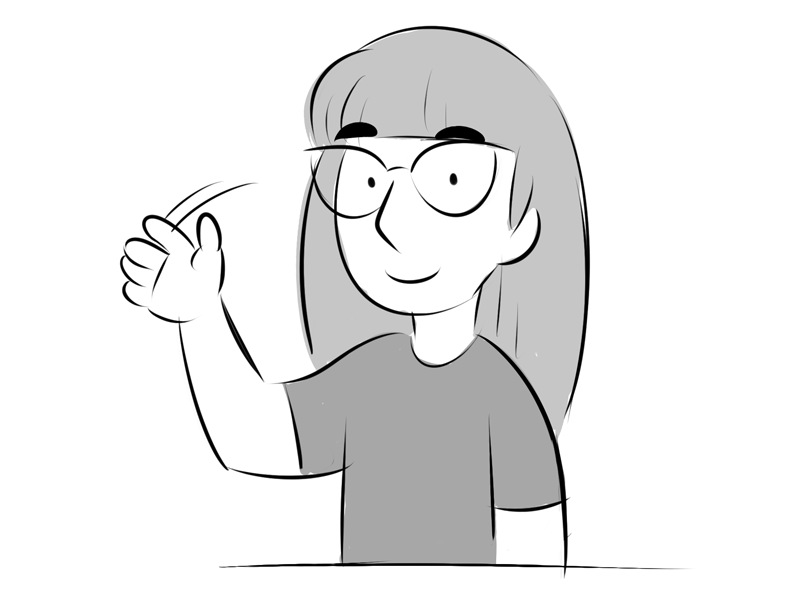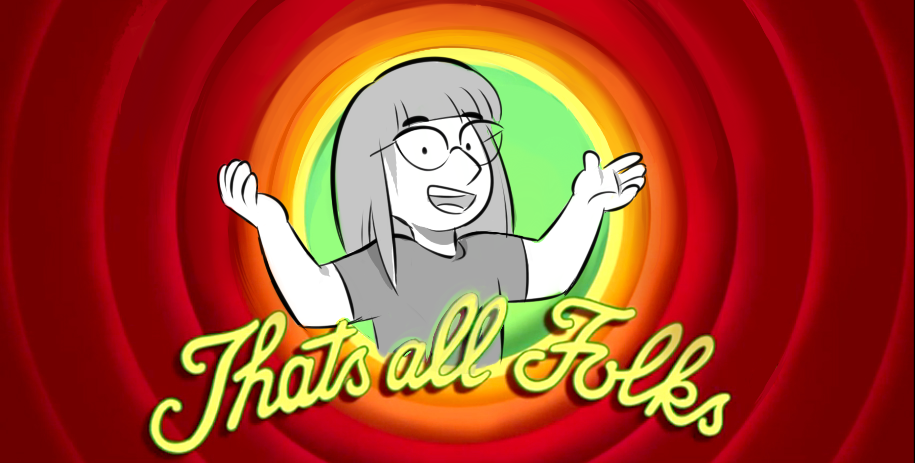
The school year is coming to a wrap, and with it, comes my last blog entry. Since I have officially completed the necessary hours for my internship, I thought the final post should recap my time with the Royal Ontario Museum (ROM). My discussion will focus on the conflict management and problem solving I did while on the job. Since I have already discussed my job duties here, my goal for this entry is to reflect on the ups and downs I encountered, and ultimately end on a high note of what the future has in store!
Making the Most of an Opportunity and Setting Research Goals
In September 2015, I was sent an email detailing the type of work I would be doing if I was to take a position at the ROM. The offer was tentative due to concerns about the job not being within the scope of a research project. Looking over the description, I could see how it could be an issue, but I was determined to make it work. The prospect of working within the ROM motivated me to think outside the box of how I could further incorporate a research opportunity into the position. I opted for doing my own research outside the internship. I proposed my research would be on the sites I found during my internship hours, and I could perhaps make a final project out of a specific theme (a research paper on trade routes or artifact construction, for example). Thus, I had a clearly defined goal going into the position, but as I would soon encounter, the expectations of how I could accomplish my goal hindered my initial impressions…
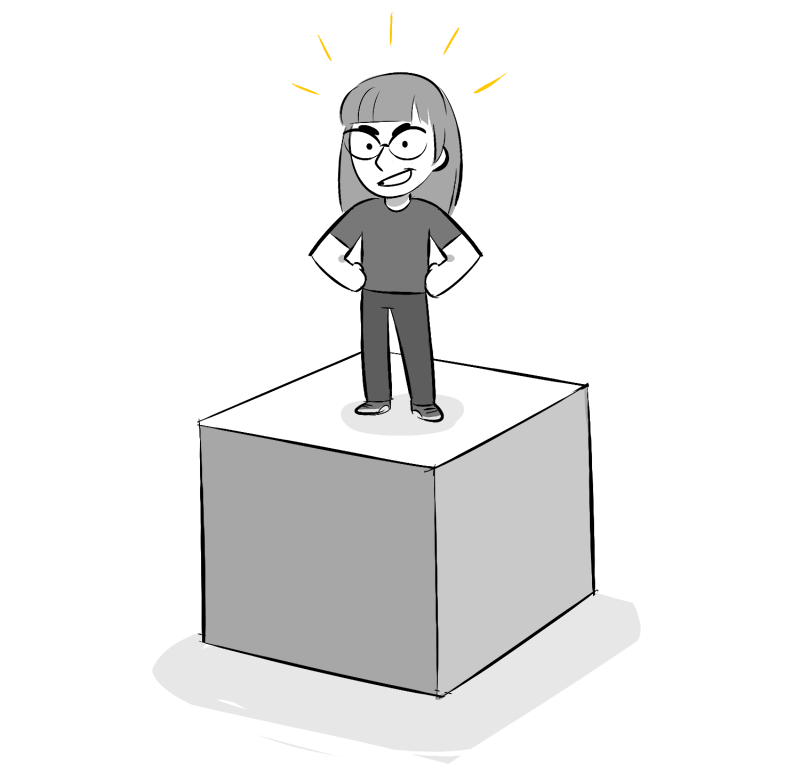
The Problem of Having Set Expectations
When first given my assignment, I assumed the work would be similar to the experiences in my archaeology courses, and that I would be working with physical maps. When I went in for a preliminary interview with my supervisor, I was taken aback by how different from my expectations it was! All the information I worked with is digital—the cataloging system, map data, and research papers—which made the job much more manageable and (in some ways) easier than I anticipated. I was expecting a job where I would be hunched over a table, studying maps, looking up grid co-ordinates, and rooting through the extensive ROM library for locations of ancient sites. In reality, I was to work with search engines and University of Toronto resources to find notable sites. In some ways, my initial expectations hampered my experience since I had a pre-set idea of my responsibilities; the reality was less research oriented than I presumed, which caused me to question how I could spin my final project. With some doubts if this was the right position for me, I turned to my course instructors for help.
Asking for Guidance and Finding Solutions
Wanting an extra opinion on how I should proceed, I set up a meeting with my professor to discuss my work within the internship. While we both agreed that my core duties could not be altered drastically, perhaps there could be an extension of my responsibilities to include more research opportunities. Being proactive made changes happen; I was given more research opportunities and I began to get a sense of what I wanted for a final project again. Looking back, I realize many of the “problems” during my internship was a result of the assumed expectations I had of the course itself. I assumed the final project had to be a research paper, with a set page limit and specific guidelines. Although the course in previous years had that sort of framework, it was a relief to discover I did not have to stay on that line of thought! My plans are now focused within the scope of digital history; an intermingling of both academic research and my illustrative work. In writing these blogs, a goal for myself has always been to get students interested in possible opportunities, starting within the university itself. I hope to further incorporate this goal into my final project!
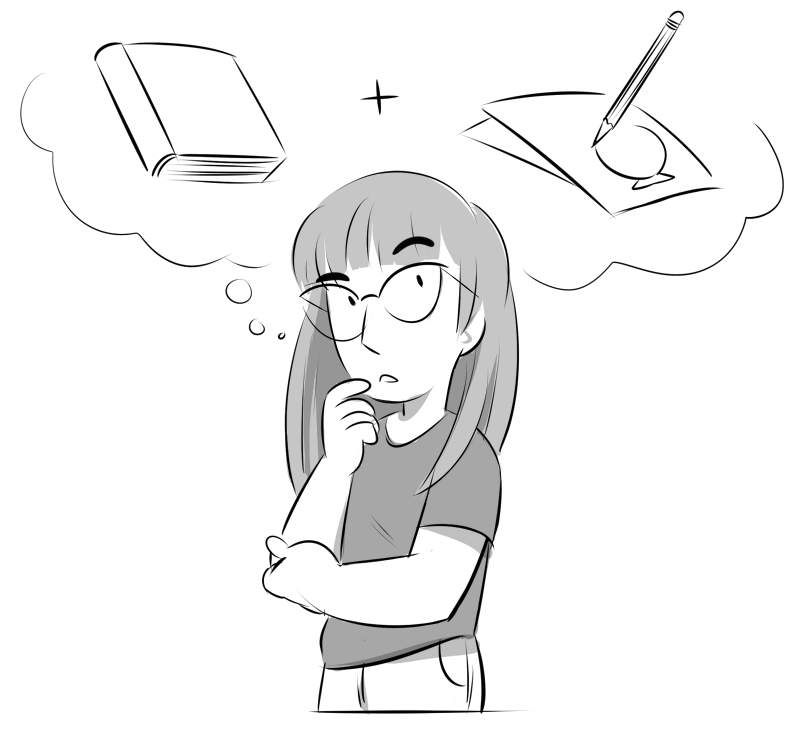
It was recently revealed that my work for the ROM will not be unveiled in April 2016 as planned, but will instead debut in the fall. Being told this, I requested to stay on. My student internship has now turned into a summer volunteer position! Even with my initial doubts about the position, questioning if it was a right fit for the coursework, I am glad I found solutions, worked through it, and can stay with the project until its completion. Having a support system within the course was extremely helpful in working through conflicts I might have come across. The internship challenged me in ways other UTM courses have not—I gained valuable skills in project management, communication, and problem solving—it was quite the experience! I am grateful to be able to take part in the ROM’s project thus far, and am excited to finish what I started.
Thank you for reading, and good luck to future UTM interns!
